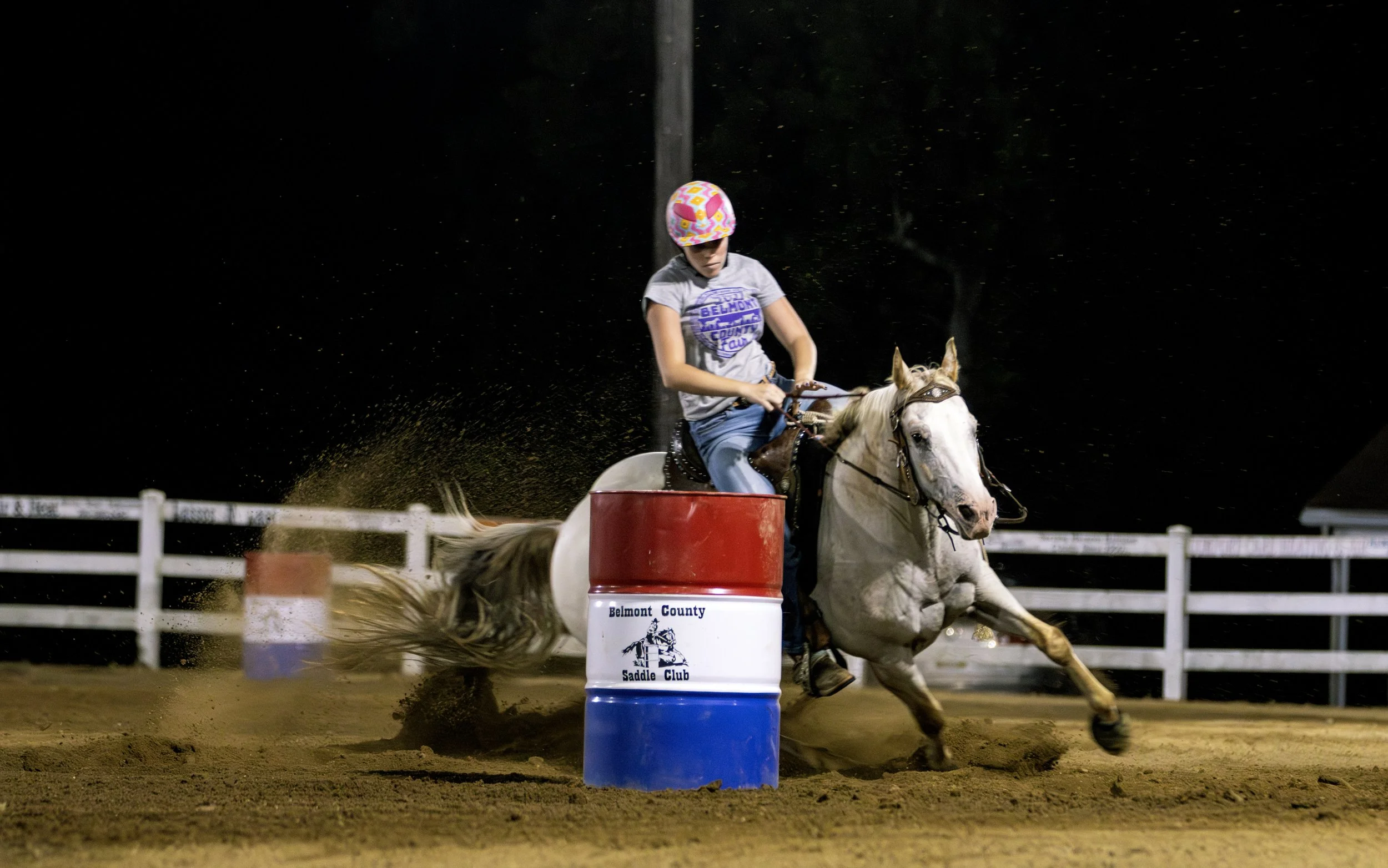I’ve photographed horses in motion under stadium lights, designed posters that sold out events, built brands from nothing but ideas, and poured thousands of hours into crafting imagery that stops people mid-scroll.
But some of the hardest lessons in my photography career didn’t come from missed exposures or tricky lighting conditions.
They came from trusting the wrong people with my time, talent, and heart.
It Started With Family
My first real heartbreak in this business was in 2012, when I photographed a relative’s family portraits. I edited and delivered 180 images on a DVD—back when that was still the norm. I charged just $150.
She never paid me. She said it was too much. But she kept the images anyway.
It shook me. Not because of the money—although that mattered—but because it came from family. From someone who should’ve respected the effort, not dismissed it.
Then Came the Industry
Over the years, I’ve had images stolen from rodeo events, watermarks cropped out, galleries illegally screen-captured.
Eventually, I walked away from rodeo photography completely—not because I didn’t love it, but because the theft was so widespread I couldn’t afford to keep losing money while others used my work for free.
The One That Hurt The Most
Some of the toughest lessons in my career didn’t come from perfecting my craft—they came from knowing when to walk away.
For a long time, I invested my time, energy, and passion into supporting a cause and community I believed in. I created marketing images, designed materials, and volunteered to document important events—because I cared deeply about the mission and the people involved.
But despite my professionalism and effort, things didn’t go as they should. Compensation was delayed or never came. My creative work was used without permission. And when I finally asked to be fairly paid, my boundaries were met with resistance.
It was painful to realize that the work I gave freely was being taken for granted, without respect for my rights or my value. I learned the hard way that no matter how much passion you pour into your work, you must protect your career with firm boundaries.
Walking away wasn’t easy. It meant letting go of a chapter of my life and community. But that difficult choice brought unexpected clarity and freedom.
In the year that followed, my income became more consistent, I found clients who truly value my work, and I began rebuilding momentum on my own terms. I still have goals ahead, but now I move forward with renewed purpose and confidence.
When They Tried to Flip the Script
After I sent unpaid invoices to collections, the person in question threatened to sue me—for using my own copyrighted images in a photo book.
Let that sink in.
These were images I had taken at a public event, where I held full legal rights as the creator. No model release was required for editorial or artistic publication. I had done nothing wrong.
The irony? I could have sued for copyright infringement. The images in question were never licensed for commercial use. They were used without permission to promote services and earn income—classic copyright violation.
But I didn’t go that route.
I chose collections because it was faster, less expensive, and less emotionally draining.
It wasn’t about revenge. It was about principle.
But the audacity of someone trying to legally intimidate me for using my own work only reinforced why protecting your boundaries is not optional—it’s essential.
Why I Don’t Work Without Contracts
Why I Charge Licensing Fees
Why I Say “No” Without Guilt
Because I’ve lived what happens when I don’t.
Because I’ve been burned, more than once.
Because protecting my work doesn’t make me arrogant—it makes me a professional.
I no longer hand over images just because someone “only needs 4 shots.”
I no longer let people treat my work as a favor.
I no longer mistake being kind for being available.
For Other Creatives Reading This
Let me be clear:
Friendship is not payment.
Exposure is not a contract.
“I didn’t know I needed a license” is not an excuse.
You are not difficult for asking for boundaries.
You are not selfish for valuing your time.
You are not wrong for sending the invoice—and the collections notice, if necessary.
What It Cost Me
It cost me time.
It cost me relationships.
It cost me my trust in people I once believed in.
But I came out of it sharper, clearer, and stronger.
And now? I run my business with contracts, licensing, policies, and an unwavering belief in the worth of my work.
Because the cost of giving yourself away for free is far higher than any fee you’ll ever charge.
Been There Too?
Have a similar story? A boundary crossed, or a moment you knew enough was enough?
Need to vent or just be heard?
Leave a comment below.
Let’s make space for creatives to speak up, protect their worth, and know they’re not alone.


